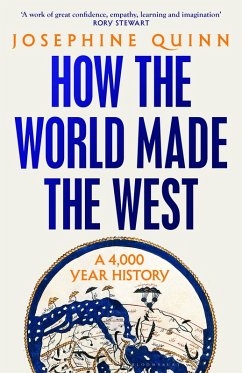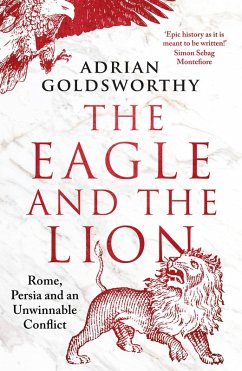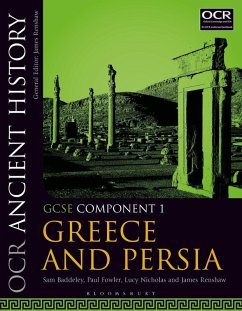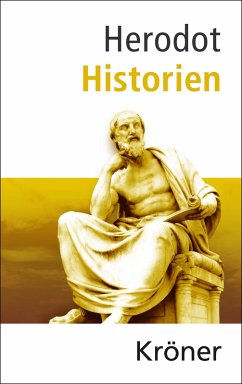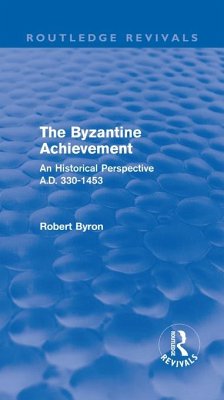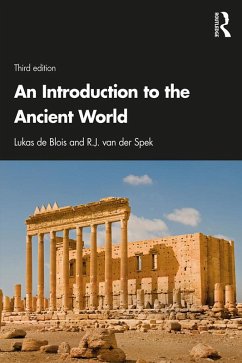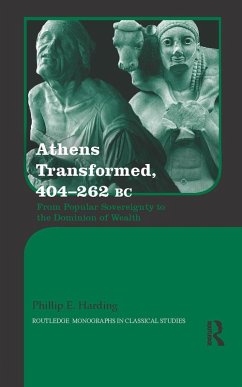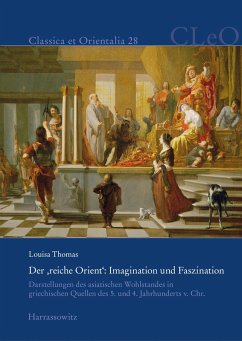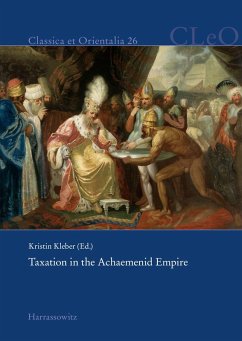
How the World Made the West (eBook, PDF)
A 4,000-Year History
Versandkostenfrei!
Sofort per Download lieferbar
16,95 €
inkl. MwSt.
Weitere Ausgaben:

PAYBACK Punkte
8 °P sammeln!
A Guardian, Financial Times, New Statesman, The Rest is Politics and Waterstones Highlight for 2024 'Quinn has done a lot more than reinvent the wheel. What we have here is a truly encyclopaedic and monumental account of the ancient world' THE TIMES 'A work of great confidence, empathy, learning and imagination' RORY STEWART 'Bold, beautifully written and filled with insights . . . Extraordinary' PETER FRANKOPAN 'One of the most fascinating and important works of global history to appear for many years' WILLIAM DALRYMPLE The West, the story goes, was built on the ideas and values of Ancient Gr...
A Guardian, Financial Times, New Statesman, The Rest is Politics and Waterstones Highlight for 2024 'Quinn has done a lot more than reinvent the wheel. What we have here is a truly encyclopaedic and monumental account of the ancient world' THE TIMES 'A work of great confidence, empathy, learning and imagination' RORY STEWART 'Bold, beautifully written and filled with insights . . . Extraordinary' PETER FRANKOPAN 'One of the most fascinating and important works of global history to appear for many years' WILLIAM DALRYMPLE The West, the story goes, was built on the ideas and values of Ancient Greece and Rome, which disappeared from Europe during the Dark Ages and were then rediscovered by the Renaissance. But what if that isn't true? In a bold and magisterial work of immense scope, Josephine Quinn argues that the real story of the West is much bigger than this established paradigm leads us to believe. So much of our shared history has been lost, drowned out by the concept - developed in the Victorian era - of separate 'civilisations'. Moving from the Bronze Age to the Age of Exploration, How the World Made the West reveals a new narrative: one that traces the millennia of global encounters and exchange that built what is now called the West, as societies met, tangled and sometimes grew apart. From the creation of the alphabet by Levantine workers in Egypt, who in a foreign land were prompted to write things down in their own language for the first time, to the arrival of Indian numbers in Europe via the Arab world, Quinn makes the case that understanding societies in isolation is both out-of-date and wrong. It is contact and connections, rather than solitary civilisations, that drive historical change. It is not peoples that make history - people do.
Dieser Download kann aus rechtlichen Gründen nur mit Rechnungsadresse in A, B, BG, CY, CZ, D, DK, EW, E, FIN, F, GR, HR, H, IRL, I, LT, L, LR, M, NL, PL, P, R, S, SLO, SK ausgeliefert werden.




